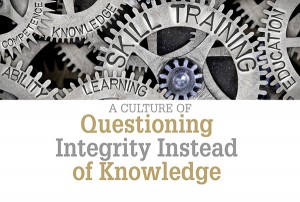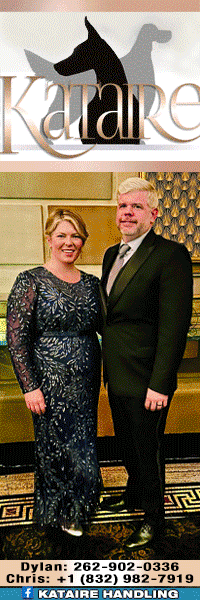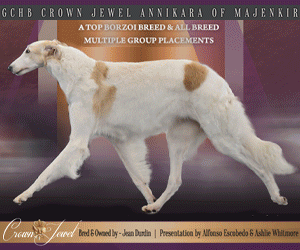A Culture of Questioning Integrity Instead of Knowledge
Click here to read the complete article
74 – October, 2021
 By Wayne Cavanaugh
By Wayne Cavanaugh
As a wise man from north of the border once said: “judging is not a matter of sharing our opinions, it’s a matter of sharing our knowledge.” When those of us who have been in the sport all or most of our lives take on the responsibility to judge, we don’t take it lightly. There is an expectation that judges have decades of knowledge stored in their mind and reflected in their eyes. They should have serious experience and the willingness to continually learn. Their knowledge should be earned, processed, and ready to impart. I believe that to a reasonable human extent, all of that is true. Moreover, it is a wonderful goal. How we are allowed to share that knowledge and learn more is, in my opinion, a growing concern.
As anyone who has judged livestock will tell you, your opinion isn’t good enough – you need the knowledge to explain your opinion. At 4-H shows, explanations can be one of the best parts of the event. At UKC coonhound bench shows, the judge is presented with a microphone to explain why they are about to give an award and to whom. These are all practices that sort out the wheat from the chaff quickly. It’s beautiful, educational, and revealing when a judge gets, even for a few minutes, to explain what they’re doing and why. As any teacher or professor will tell you, they continue to learn by teaching.
At dog shows nearly everywhere in the world that are not AKC shows, judges are expected to share their knowledge, even write a critique. Give your opinion, back it up with knowledge. For all-breed shows or some specialties, we couldn’t handle detailed critiques with such grace. While judge’s commentaries are traditional at some Nationals where they are typically well-received, they aren’t quite the same as detailed critiques elsewhere in the world.
How would critiques be received at AKC shows, especially those that explain why a dog was placed behind the winner? Gift wrap each word as you’d like, in our culture, I can see new rules being written and lawyers lined up as the best critiques get interpreted as being disparaging. By writing “I preferred the winner’s shoulder assembly over that of the second-place dog,” did the second-place dog’s shoulder assembly just get disparaged by a judge in writing for all the world to see? I’ve seen critiques, even including those I’ve written, attached to refrigerator doors, yellowed from age, warts and all, tinged with respect and admiration. But not here.
Click here to read the complete article
74 – October, 2021

Short URL: http://caninechronicle.com/?p=213925
Comments are closed











